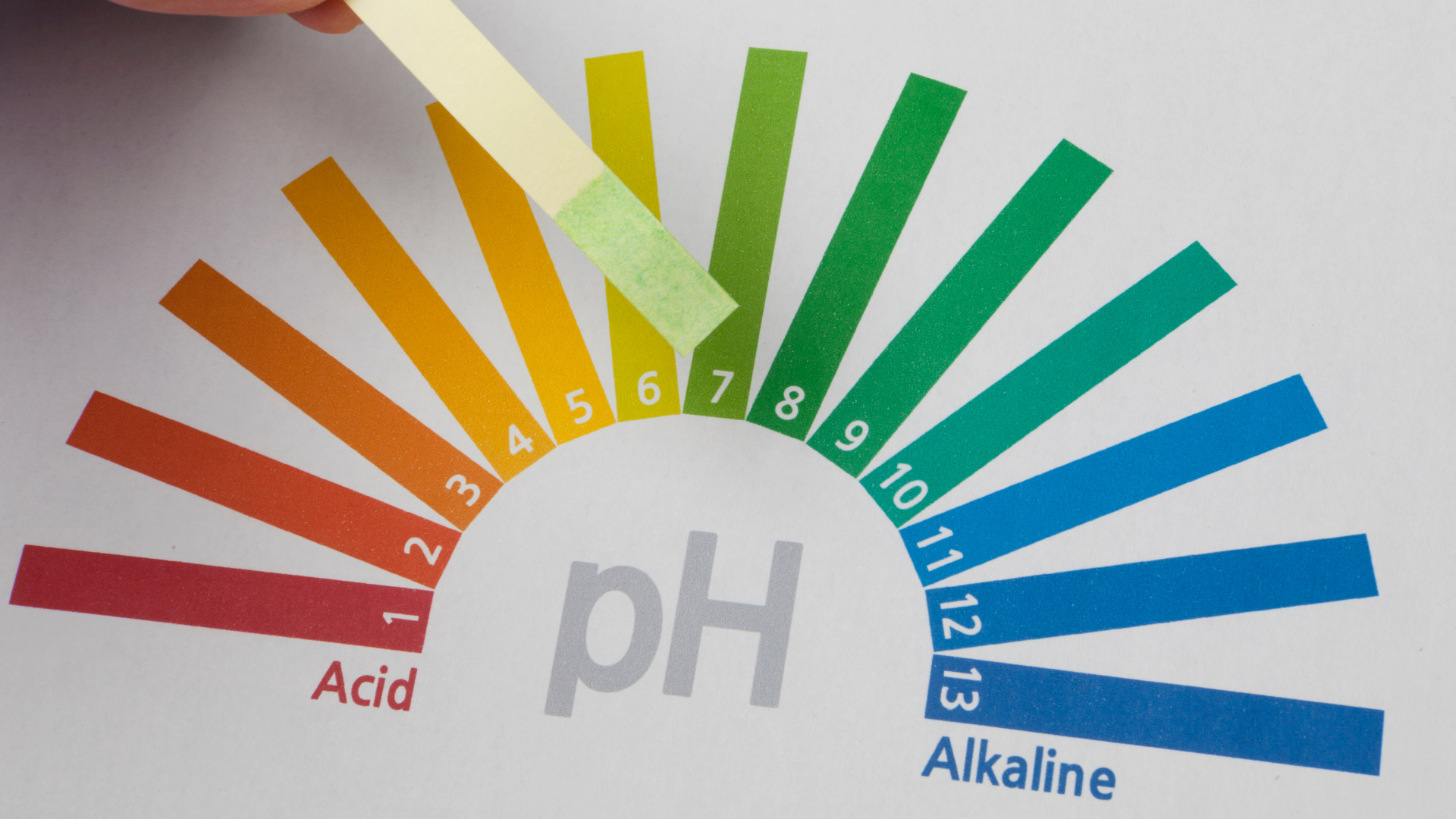When we talk about health indicators, we often think of blood pressure, cholesterol levels, or body temperature. However, there's another crucial health indicator that is often overlooked - the pH of your saliva before meals. Just like a dipstick can tell you about the condition of your car's engine, the pH of your saliva can reveal a lot about your overall health. In this article, we will explore what the pH of saliva before meals can tell you and why it's important to pay attention to it.
Understanding pH Levels
Before we dive into the significance of salivary pH, let's first understand what pH is. pH is a measure of the acidity or alkalinity of a substance and is expressed on a scale ranging from 0 to 14. A pH of 7 is considered neutral, while values below 7 indicate acidity, and values above 7 indicate alkalinity.
In the case of saliva, the ideal pH is 7, which is considered neutral. Generally, a pH value between 6.7 to 7.3 is seen in healthy individuals. But why is this seemingly simple number so important?
Saliva: The Mirror of Your Body's Health
Saliva has been aptly called "the mirror of the body" because it can reflect a wide range of normal and disease states. The pH of your saliva can provide valuable insights into your health. Here's what you need to know:
Acidic Saliva and Health Issues
If your saliva pH falls below 7, it usually indicates increased acid production in your body. This acidity can be linked to various health issues, including high blood sugar, high triglycerides, obesity, and even diabetes. Studies have shown that diabetic patients tend to have more acidic saliva compared to non-diabetics, whose saliva is often alkaline or neutral.
Furthermore, research has found a correlation between salivary pH and metabolic syndrome components, such as abdominal obesity, high blood sugar, high blood pressure, and elevated triglyceride levels. This suggests that salivary pH could potentially serve as a non-invasive and cost-effective screening tool for assessing metabolic health.
Stress and Saliva pH
Your stress levels can also influence the pH of your saliva. Studies have demonstrated a connection between anxiety and salivary pH levels, with saliva becoming more acidic in stressful situations. Some researchers propose that monitoring pH levels could be a reliable way to assess physiological reactions to stressors.
Additionally, acidosis, or an excess of acid in body fluids, has been linked to panic attacks. Hyperventilation, a common response during panic attacks, may be the body's way of attempting to reduce acidity by expelling more carbon dioxide and thereby increasing pH.
Saliva and Stomach Acid
Saliva significantly impacts the pH of stomach acid. Monitoring salivary pH could prove to be a cost-effective method for managing issues related to acid reflux (GERD) that affect the larynx and pharynx (LPR). Higher salivary pH levels are associated with better control of the disease.
Dental Health and Saliva pH
The pH of your mouth plays a crucial role in dental health. Tooth enamel begins to demineralize at a pH of 5.5, which can lead to cavities as calcium and phosphate ions are lost. However, remineralization of tooth enamel occurs within the pH range of 6.8 to 7.2.
Your mouth is home to a diverse microbial community, including bacteria and fungi. Some of these microbes can produce acids that contribute to dental problems, while others produce compounds that alkalize the mouth, helping to prevent cavities.
Protecting Your Teeth
If you're concerned about the acidity in your mouth, it's essential to take steps to protect your teeth. Avoid brushing your teeth immediately after consuming acidic meals or drinks, as the acidity can soften tooth enamel. Wait at least 30 minutes to minimise potential damage.
Saliva Flow Rate and pH
The rate at which saliva flows into your mouth can also provide insights into your saliva's pH levels. Low secreters tend to have a lower salivary pH, while high secreters generally have a higher pH. This observation raises an intriguing question: Could being more mindful of your salivary secretions throughout the day be a valuable tool for maintaining a healthy lifestyle?
Alkalizing Your Mouth
If you want to elevate your salivary pH and promote better oral health, there are steps you can take. Rinsing your mouth with water and sodium bicarbonate (baking soda) after consuming acidic foods or beverages can help neutralise the acid. This not only aids in cavity prevention but can also disrupt biofilms of acid-producing bacteria and support tooth remineralization.
In conclusion, while the pH of your saliva before meals may seem like a minor detail, it can serve as a valuable health indicator. Monitoring and maintaining an optimal saliva pH of 7 can provide insights into your metabolic health, stress levels, and even your dental well-being. By paying attention to this often-overlooked aspect of health, you can take proactive steps to promote your overall well-being.
Remember, your health is a partnership between you and your healthcare provider, so it's essential to consult with a medical professional for a comprehensive assessment and guidance on any health concerns.
The pH of your saliva before meals may seem like a minor detail, but it serves as a powerful health indicator. By monitoring and maintaining an ideal saliva pH of 7, you gain insights into metabolic health, stress levels, and dental well-being. Embracing this often-overlooked aspect of health empowers you to take proactive steps towards overall well-being.
Frequently Asked Questions (FAQs)
What is the normal pH range of saliva in a healthy individual?
Saliva typically ranges from 6.2 to 7.6 in pH, with an average of 6.7. The resting pH in the mouth remains above 6.3, and saliva maintains a near-neutral pH (6.7-7.3) in the oral cavity.
How does saliva pH impact dental health?
Saliva with a pH below 7, making it acidic, can result in significant damage to oral health. This includes acid erosion, enamel loss, tooth decay, and cavities.
What are the consequences of an overly alkaline mouth?
Highly alkaline saliva can also contribute to enamel erosion and cavities. To prevent mouth pH from becoming overly acidic or alkaline, it's essential to take specific measures.
What can cause fluctuations in saliva pH throughout the day?
Several factors can lead to fluctuations in saliva pH, including diet, stress levels, medications, and oral hygiene practices. Monitoring these factors and making conscious choices can help maintain a balanced saliva pH.
Can saliva pH affect the taste of food and beverages?
Yes, saliva pH can influence taste perception. When saliva pH is imbalanced, it may lead to a metallic or bitter taste in the mouth, affecting the overall enjoyment of food and drinks.



